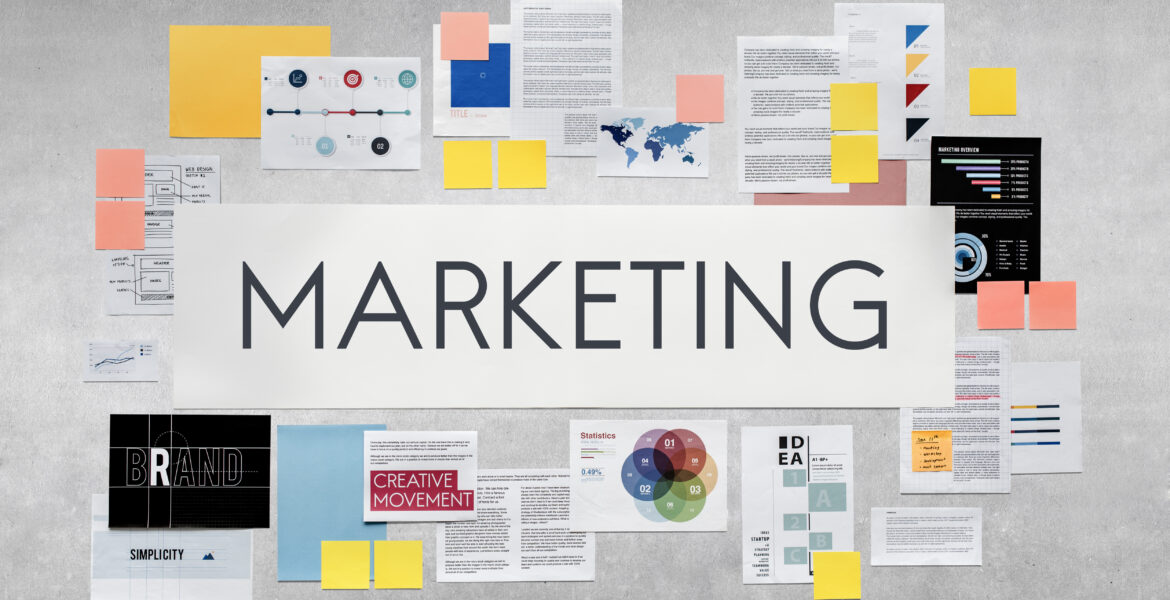

Many companies do not have their own marketing department, while others lack the sufficient staff to provide a full range of marketing services. In such cases, it is necessary to turn to a marketing agency. How exactly can it help a company? What services does it offer? We will provide a detailed explanation of everything an agency can offer and in what situations its assistance should be needed.
The range of services provided by agencies is quite broad. What does it include:
1. Analytics. This is a broad range of services that includes market research, audience analysis, competitor analysis, finding new niches, and also analyzing the business itself: its marketing strategy, the effectiveness of advertising communications, finding development paths, etc. These services can be ordered separately or as a package.
2. Marketing Strategy Development. The agency takes on all responsibilities for developing a promotion strategy, from analytics to creating a media plan. This service is suitable for small businesses that do not have an in-house specialist or when the company's marketer lacks the experience and resources to effectively carry out such a complex and comprehensive task.
3. SEO and Website Optimization. SEO promotion includes a whole range of tools. One of the most important stages of SEO is working on the website, its technical specifications, design, and usability. All of these tasks require deep specialized knowledge, which is why this service is popular even among large businesses.
4. PPC Management. Paid search advertising refers to ads that appear in the top search engine results when a user enters a specific query. This is an effective tool for quickly boosting sales from a website, popular in both B2B and B2C segments.
5. SMM. This consists of managing social media pages and targeted advertising. Social media page management involves audience analysis, content recommendations, and creating a posting content plan. Targeted advertising includes setup, performance evaluation, and adjustments. Social media audiences are rapidly growing, so any business can find its target audience there.
6. Display Advertising. This is banner advertising aimed at broad audience reach. It is generally focused on increasing brand awareness.
7. Reputation Management. It can be divided into two areas: SERM and online PR. SERM aims to ensure that when users search for the company’s name, they only see positive reviews and articles. While it is often used when reputation has already been damaged, we recommend regularly working with reviews to prevent potential harm to the company's image. PR, on the other hand, focuses on building and maintaining a reputation: creating a brand image and positive associations, increasing perceived brand value, etc.
8. E-mail Marketing. As the name suggests, specialists develop and implement an e-mail marketing strategy. The main difficulty here is to build a sustainable automated system and develop a compelling content plan to ensure subscribers open, read, and engage with the emails. Another risk of e-mail marketing is falling into spam filters.
9. Video Advertising. The agency can also take on the entire process of creating video ads, from concept development and scriptwriting to distribution.
10. Special Projects. These are unique advertising communications developed individually for each brand. They aim to engage consumers, create interest in the product, and natively stimulate purchasing. This type of promotion is most often used by medium and large businesses.
11. Business Consulting. When a business stops growing and falls into stagnation, it can be difficult to identify the cause from the inside. Therefore, to objectively assess the current situation, identify the company’s strengths and weaknesses in the market, it is worth inviting an external specialist who will impartially conduct an analysis and find new development paths for the business.